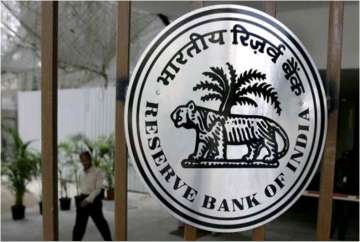Public sector banks should not be privatised given the country's developmental needs but the government can look at reducing its shareholding to 26 per cent by selling a larger portion of its stake to common Indians, RBI's board member Satish Marathe said on Saturday.
Marathe, who started out working in a state-run bank before getting associated with the cooperative banks sector, however, said that public sector banks need an overhaul of their systems, processes and staff attitudes to be relevant and effective in the future.
He made the remarks during an online seminar held to commemorate the 51st anniversary of bank nationalisation.
"Ownership of PSBs has to go to common people in a big way. Government shareholding should remain, I would say it should be above 26 per cent from where they (banks) get statutory provisions," he said, adding that individual shareholding caps and other statutes will ensure that no single entity or group can exert excessive control at such lenders.
He said unwinding the infrastructure created over the last 51 years will be a "greater loss" and pitched for changes in systems including giving shares to the top management to ensure it has a skin in the game.
The country continues to be poor despite all the efforts of many years and efforts to deepen financial access have also been met with limited success, he said.
Marathe said 50 crore people continue to remain elusive for the formal financial system and have not been touched by either a bank or even a microfinance institution despite efforts since 2004 by the RBI at financial inclusion.
On the need for change in practices, he cited the example of his daughter, a trained perfumer, who could not get a Rs 10 lakh loan from a state-run bank despite mounting efforts for months.
Along with the small business segment, state-run banks also need to change their entire approach for rural areas, he said.
As per a NITI Aayog study, over 65 per cent of the income generation in rural areas is non-agriculture and it is this segment which needs to be served by the PSBs, he said, adding the lenders need to look at agro-processing as a segment.
Speaking about the non-performing assets, he said the high levels of dud assets points to a need for change in practices. Citing the estimates in the financial stability report presented by RBI on Friday which points to a surge in NPAs, he said, “If this is the performance, then the point to debate is whether the national exchequer should take such a big burden?”
He said none of the PSB employees considers the bank as his own and there is a need for giving them shares which will ensure they have a skin in the game and deliver accordingly.
Latest Business News
